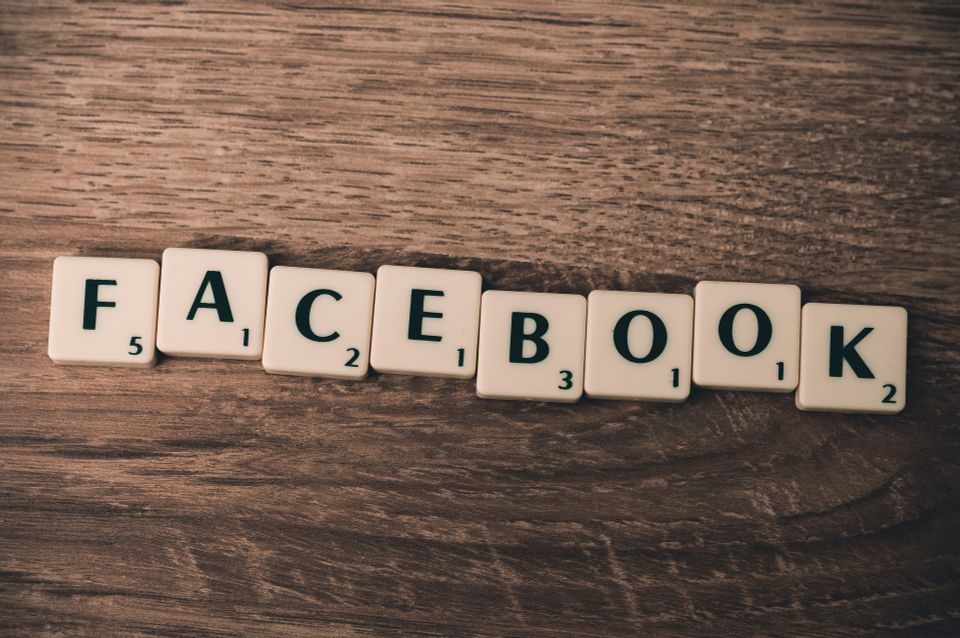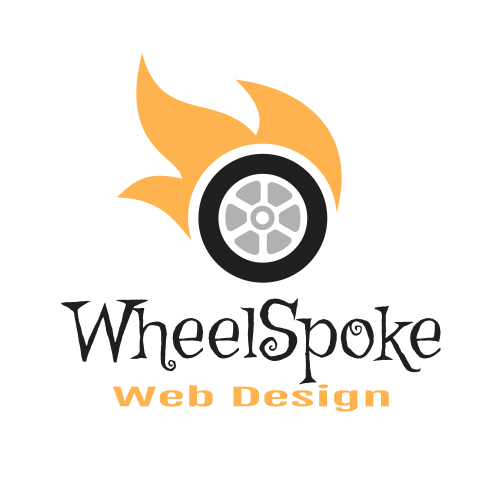
I Already Have A Facebook Page. Isn't That Enough?
Facebook and a website are two distinct online platforms that serve different purposes. Let's compare them based on various factors:
Purpose:
Purpose:
- Facebook: Facebook is a social media platform designed for individuals and businesses to create profiles, connect with friends and followers, share content, and engage with a wider audience.
- Website: A website is a standalone online platform that can serve a wide range of purposes, such as providing information, selling products or services, blogging, portfolio showcasing, and more. It's a more versatile tool for presenting information or conducting business online.
Control:
- Facebook: Users have limited control over the design and functionality of their Facebook profiles or business pages. Facebook sets the rules and can change its algorithms and policies.
- Website: Website owners have complete control over the design, content, and functionality of their site. They can customize it to suit their specific needs and branding.
Customization:
- Facebook: Customization options are limited on Facebook. You can personalize your profile or page to some extent, but it's within the framework of Facebook's design.
- Website: Websites offer near-limitless customization possibilities. You can design your site from the ground up or use templates to create a unique online presence.
Branding:
- Facebook: While you can brand your Facebook page, your brand is often associated with the Facebook platform itself.
- Website: Your website allows for stronger branding and a more unique, independent online identity.
Content Ownership:
- Facebook: Content posted on Facebook is subject to its terms of service, and you may have limited ownership and control over your content.
- Website: Content on your website is fully owned by you, giving you control over its use and distribution.
Audience Reach:
- Facebook: Offers a ready-made platform with a large user base, making it easy to connect with a broad audience.
- Website: Requires you to build and promote your online presence to attract visitors.
Analytics:
- Facebook: Provides analytics for your page's performance and audience insights.
- Website: Offers more advanced analytics tools and the ability to integrate various tracking and analytical solutions.
Cost:
- Facebook: Creating and maintaining a Facebook page is usually free, but there may be costs associated with advertising and promotion.
- Website: Building and hosting a website involves domain registration and hosting fees, design and development costs, and ongoing maintenance expenses.
Long-Term Sustainability:
- Facebook: Relying solely on Facebook means being subject to its policies and changes, which can impact your online presence.
- Website: Provides more stability and control over your online presence, as long as you maintain the website.
In summary, the choice between Facebook and a website depends on your goals and the level of control and customization you require. Many businesses and individuals use both, with Facebook for social engagement and a website for a more comprehensive online presence and branding.
